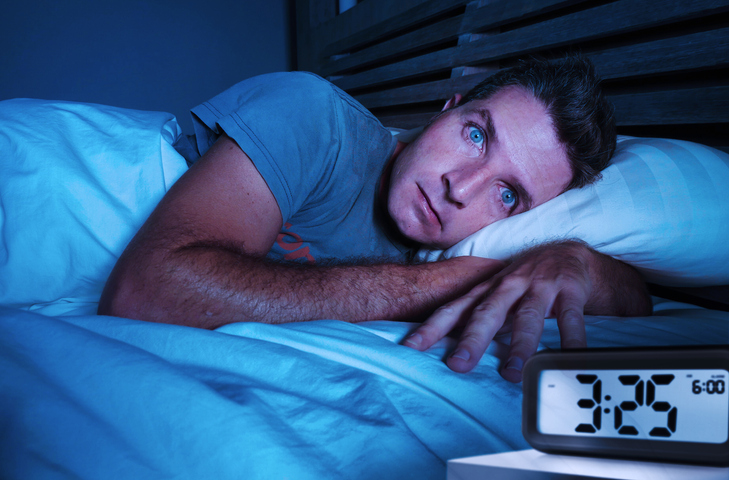Living with Chronic Pain
What Is Insomnia?

Insomnia is the most common sleep disorder in the United States. Insomnia involves trouble falling asleep, staying asleep, or a combination of both. It is estimated that 50% of adults experience acute (short-term) bouts of insomnia, and 10% of adults deal with chronic (long-term) insomnia.
What are the symptoms of insomnia?
The symptoms of insomnia include, but are not limited to, the following:
- Difficulty falling asleep
- Difficulty staying asleep
- Waking too early
- Not feeling well-rested after sleep
- Tiredness or sleepiness during waking hours
- Irritability, anxiety or depression
- Difficulty concentrating or focusing
- Increased accidents or mistakes
- Ongoing concern about lack of sleep
What causes insomnia?
Insomnia can either be acute or chronic:
Acute insomnia can be caused by various factors:
- Life stressors, including traumatic events
- Illness
- Medications
- Emotional or physical discomfort
- Environmental factors, such as noise, light, or temperature
- Interference with a regular sleep schedule, such as jet lag or a change in shift work
Chronic insomnia is more likely to be associated with an existing health condition, current medications, or long-term substance use:
- Chronic pain, such as arthritis or back pain
- Anxiety or depression
- Long-term use of substances, such as caffeine, tobacco, or alcohol
- Health conditions, including gastroesophageal reflux disease (GERD), overactive thyroid, diabetes, or cancer
- Chronic stress
- Medications, including antidepressants and medications for asthma or blood pressure
- Other sleep disorders, such as sleep apnea or restless legs syndrome
Who is at risk of developing insomnia?
While anyone can experience insomnia, some individuals are more likely to develop the condition than others. Risk factors for insomnia include, but are not limited to, the following:
- Female gender at birth — Women are more likely than men to experience insomnia due to hormonal shifts during the menstrual cycle, menopause, or pregnancy.
- Over age 60
- A pre-existing mental or physical health condition
- Extreme stress
- Irregular sleep schedule



















